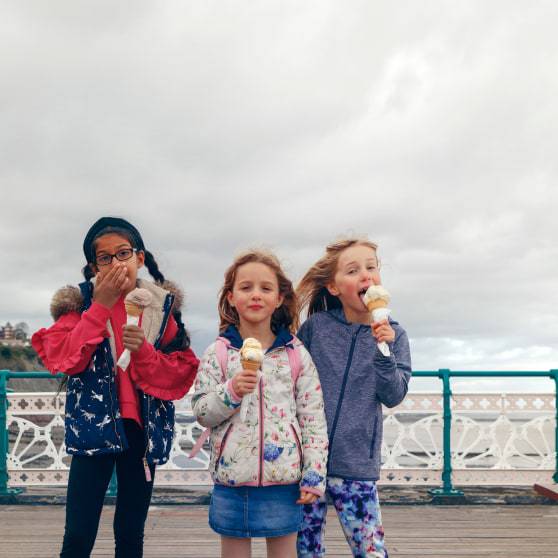Census
The census takes place every 10 years. It gives us a picture of all the people and households in England and Wales.

Census 2021 data
Find data for Census 2021.
Census releases
See what we've published, and our plans for the future.
Geography
Find Census 2021 data for different areas.
Census topics
Find census data, analysis and quality information using these topics.
Census 2021 dictionary
Definitions, variables and classifications to help when using Census 2021 data.
Historic census data
Find census data and analysis for 2011 and earlier.
Planning for Census 2021
How we researched, prepared and planned for Census 2021.
Contact us
If you need help, contact census customer services.
Scotland and Northern Ireland censuses
We are responsible for the census in England and Wales.
